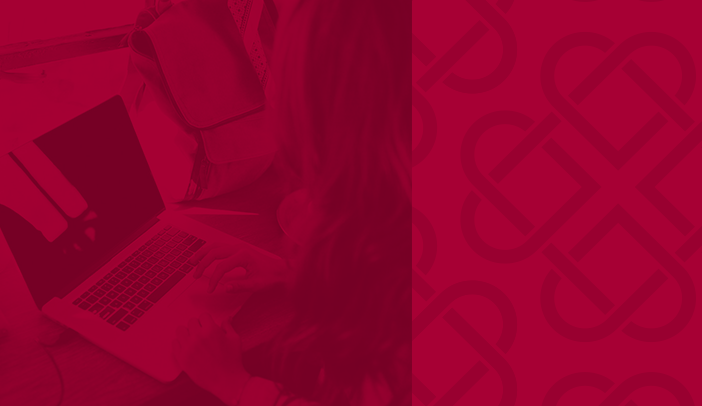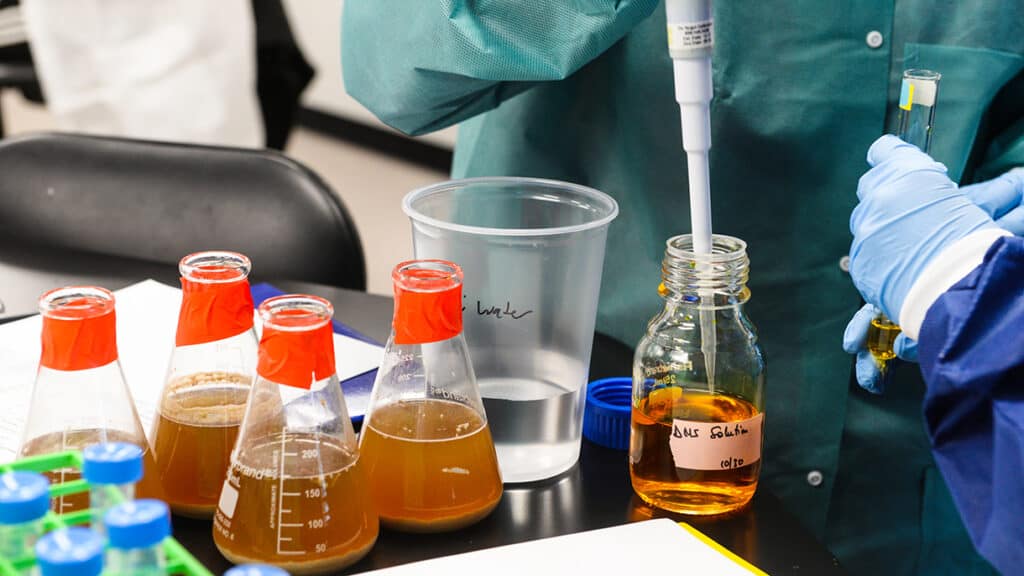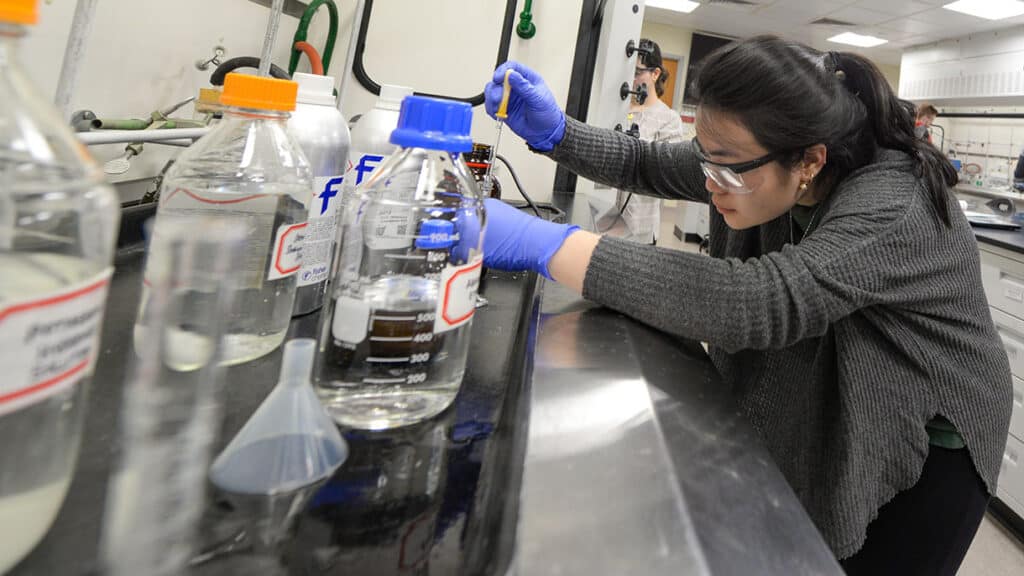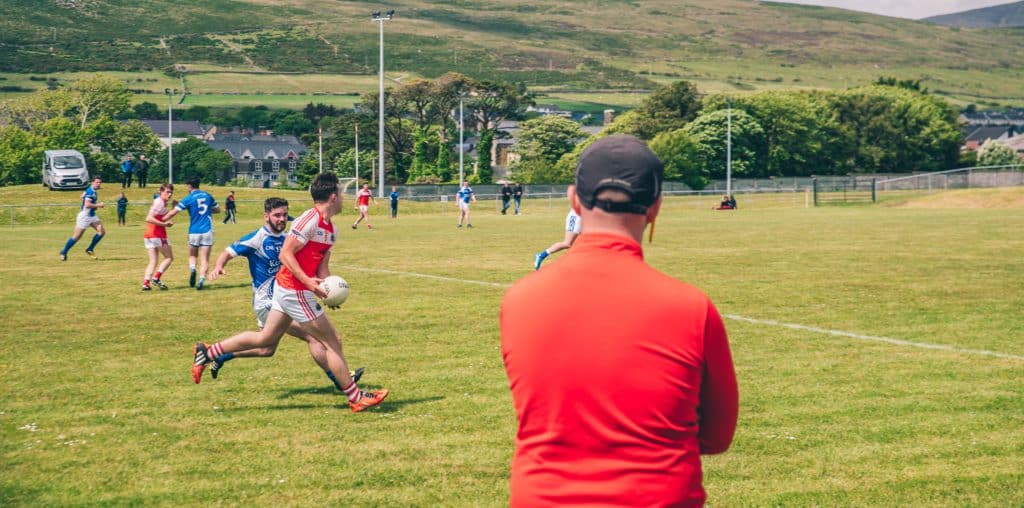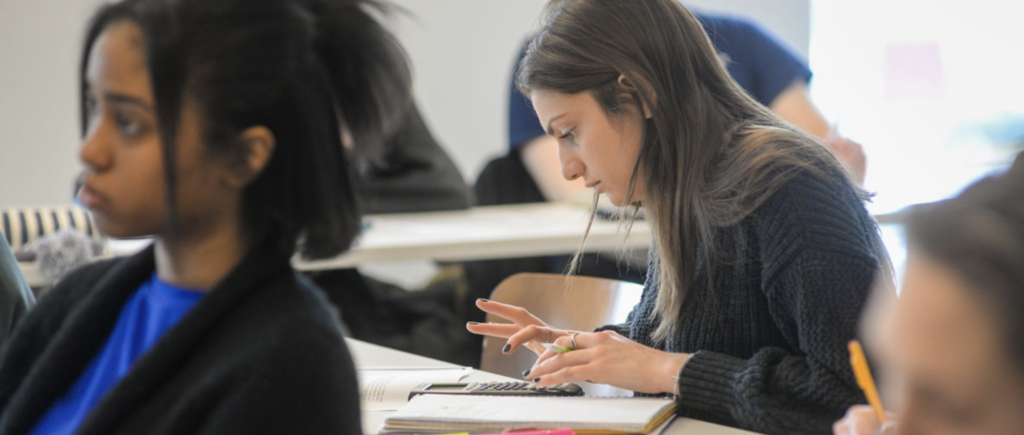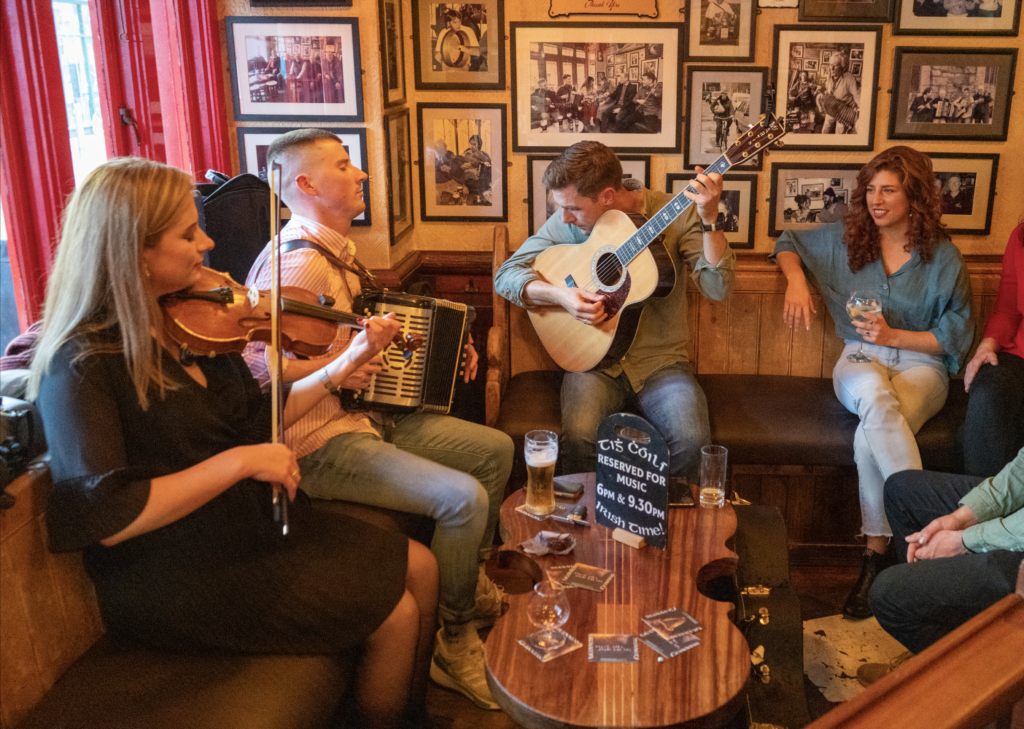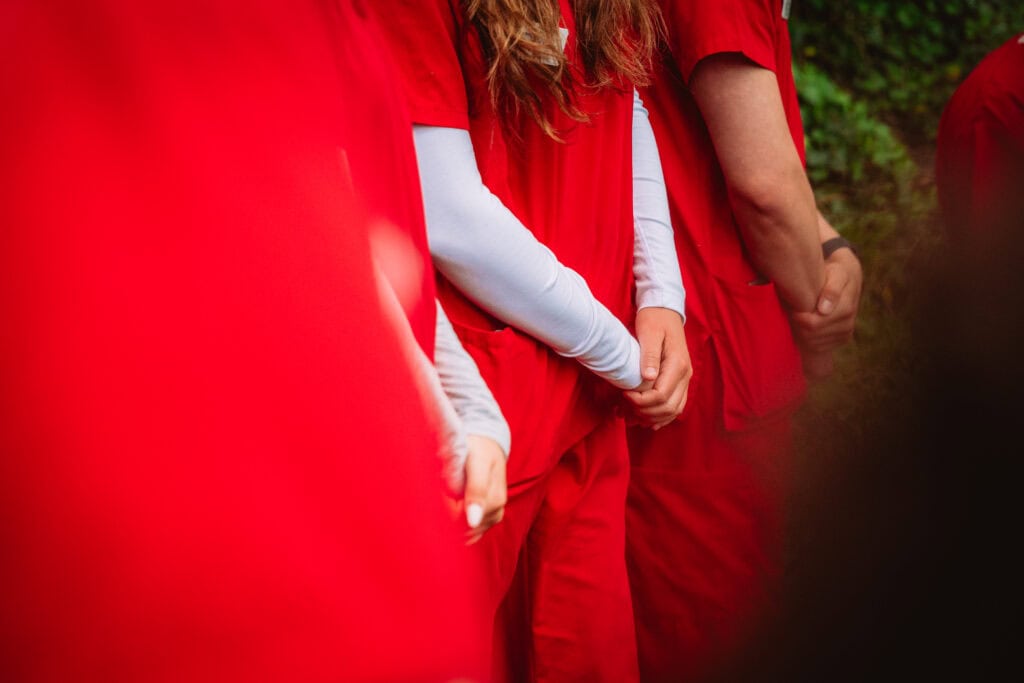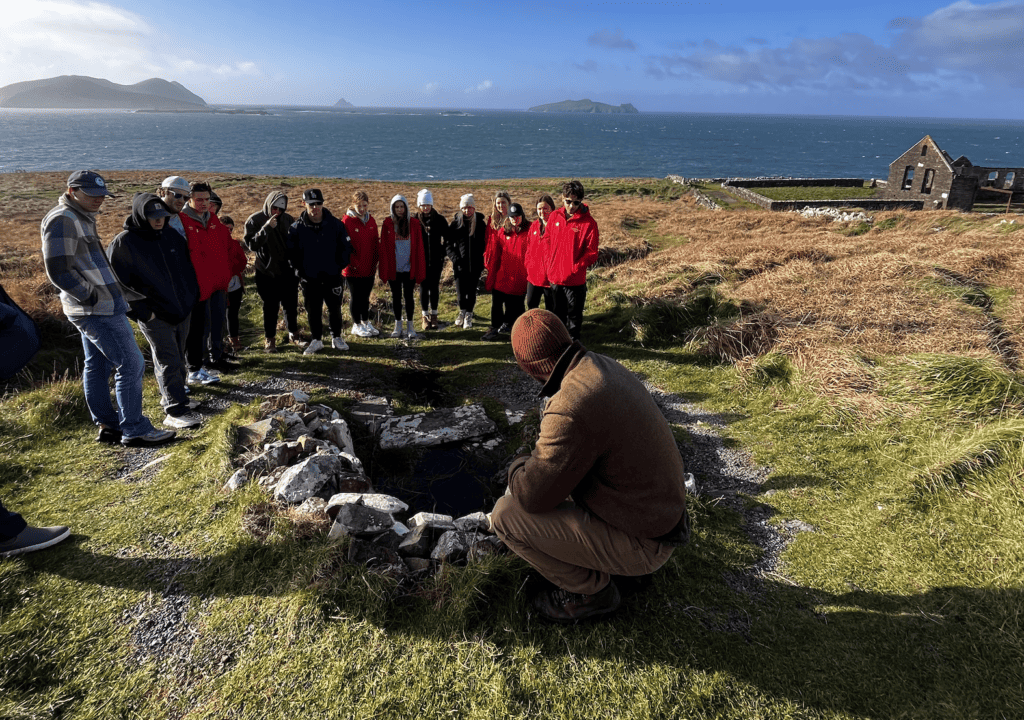Fall Semester
August 29th - December 12th, 2026
Applications Now Open
Application Deadline: March 15th 2026
Term overview
Experience the Magic of Fall in Dingle!
As summer winds down and Dingle transitions from the lively pace of late August into the cozy rhythms of autumn and early winter, you’ll find yourself becoming part of the community, getting to know neighbors and local business owners like a true local.
Autumn is also Dingle’s most vibrant season for arts and culture. Savor the flavors and fun of the Dingle Food Festival in early October. Dive into thought-provoking workshops and talks at the Dingle Literary Festival in November. Then wrap up the season with the internationally celebrated Other Voices Music Festival in December.
The Irish landscape stays lush and green throughout the fall, with temperatures ranging from the 60s in early September to the 40s by December. It’s the perfect season for outdoor adventures- surfing, horseback riding, and kayaking are all on offer. You’ll also enjoy weekend trips to Galway and London (included in your program fee!) and plenty of time to soak in the charm and culture of Dingle.
Ready to dive deeper? Visit the Experience section to learn more about the overall experience, and the Tuition & Fees section for more information on costs.
Courses
DESCRIPTION
A course focused on the study of microorganisms with emphasis on morphology, cultivation, genetics of bacteria, viruses and fungi, and infectious diseases caused by these microbes.
Laboratory work stresses aseptic technique and the microscopic, nutritional, and biochemical characteristics of bacteria.
FACULTY
Sharon Ni Shuilleabhain, Ph.D.
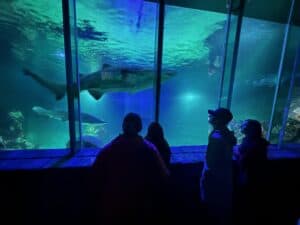
DESCRIPTION
Ecology & Evolution is a sophomore level course in the core biology curriculum required for all majors administered through the Department of Biology.
Students will discover the unity and interdependence of the living and non-living components of the environment while exploring the limitless diversity of life on earth through the lens of ecological theory.
Topics include population dynamics, species interactions, abundance and diversity, nutrient cycling, succession, and stability.
The interactive laboratory course will concentrate on multi-week exercises that reinforce essential course concepts. Student-designed experiments, the process of science, and oral and written scientific communication are focal points of the course design.
FACULTY
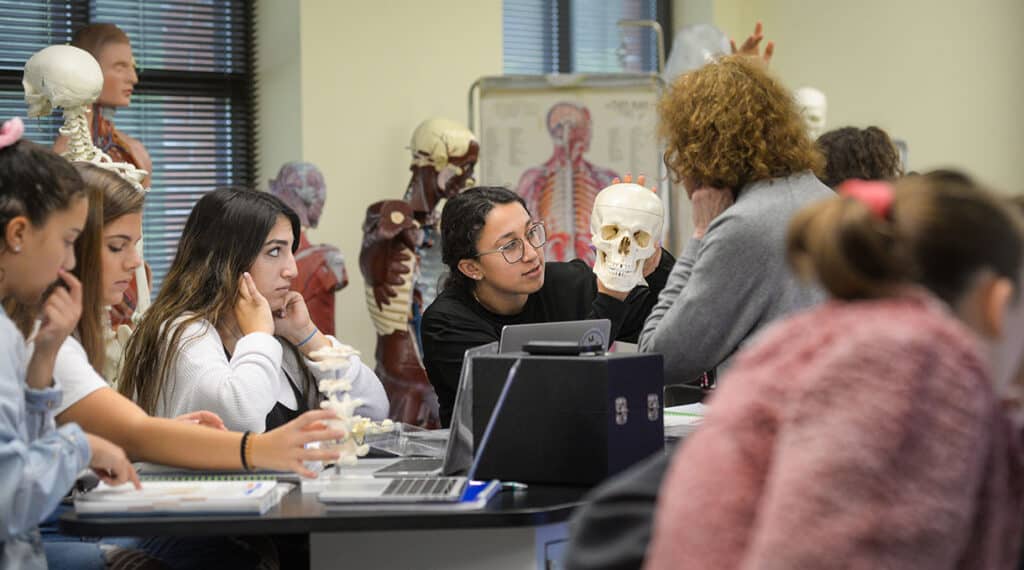
DESCRIPTION
Lecture on the investigation of the tissues, skeletal, muscular, and nervous systems. This section is for students interested in athletic training, exercise science, physical therapy, occupational therapy, or physician assistant programs.
Laboratory involves the investigation of the tissues, skeletal, muscular, and nervous systems.
This course does not count as a Biology elective in the major or minor.
FACULTY
Sharon Ni Shuilleabhain, Ph.D
DESCRIPTION
The chemistry lectures explore modern theories of atomic and molecular structure, chemical bonding and periodic relations, chemical reactions and stoichiometry, states of matter, and solutions.
The lab section illustrates basic concepts presented in CH 151. Experiments include qualitative analysis of cations and anions, chromatography, synthesis, and FT-IR.
FACULTY
Colm Ó Coileáin, Ph.D.
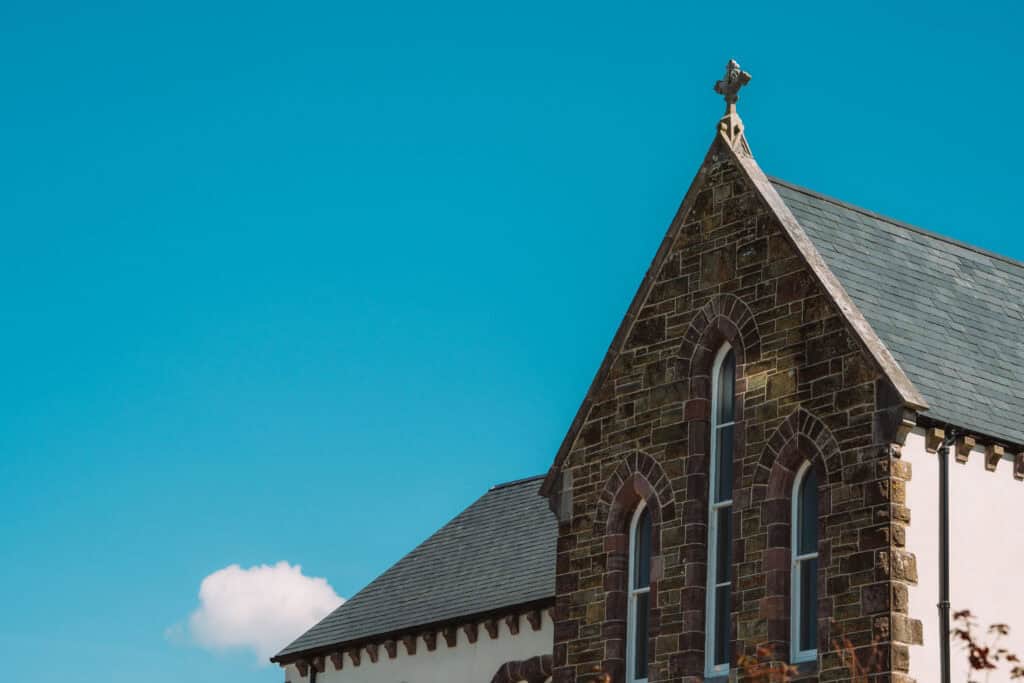
DESCRIPTION
CIT is Sacred Heart University’s academic signature core. It provides students with an interdisciplinary, foundational understanding of the Catholic intellectual tradition from the classical to the contemporary periods. Using seminar pedagogy, it gives students an understanding of the roots and development of the Catholic intellectual tradition as an ongoing, 2,000-year conversation between the Catholic community of thinkers, writers, artists and the cultures in which they have lived, asking fundamental questions about God, humanity, society, and nature.
In addition, it introduces students to fundamental claims of the Catholic Intellectual Tradition; enable students to understand that Tradition as characterized by open, rigorous intellectual inquiry in the context of a faith tradition; engage students and faculty in seminar discussion; and enable students to see the value of this Tradition in the contemporary world help develop students’ reading, writing, and speaking skills.
FACULTY
Billy MagFhloin, Ph.D.
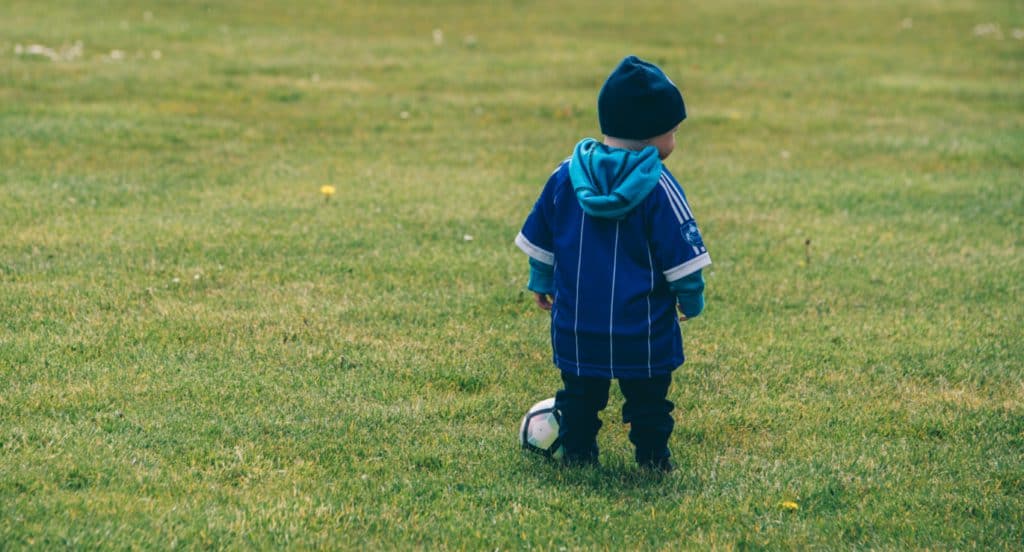
DESCRIPTION
Considers the application of psychological principles to educational theory and practice. Candidates explore the many ways of thinking about knowledge, teaching, and learning. Major theories of learning and development are introduced, and consistent themes and concepts identified.
FACULTY
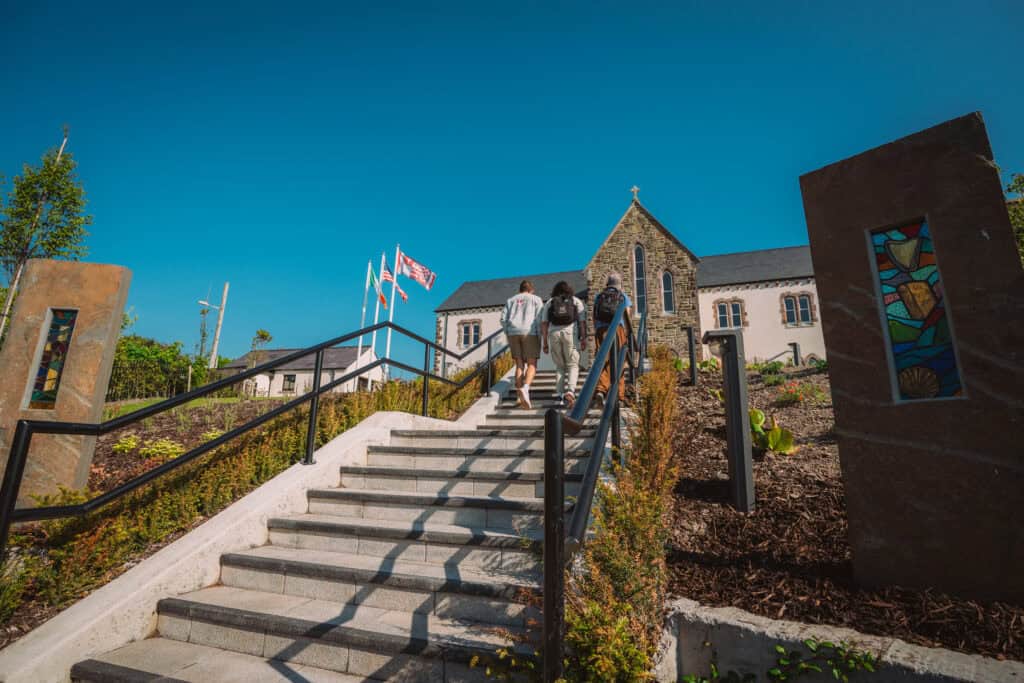
DESCRIPTION
Focuses on identification of students with exceptional needs as well as methods of meeting their educational needs in general and special education classroom settings. Exceptionalities studied include all areas identified by national and state mandates.
FACULTY
TBC
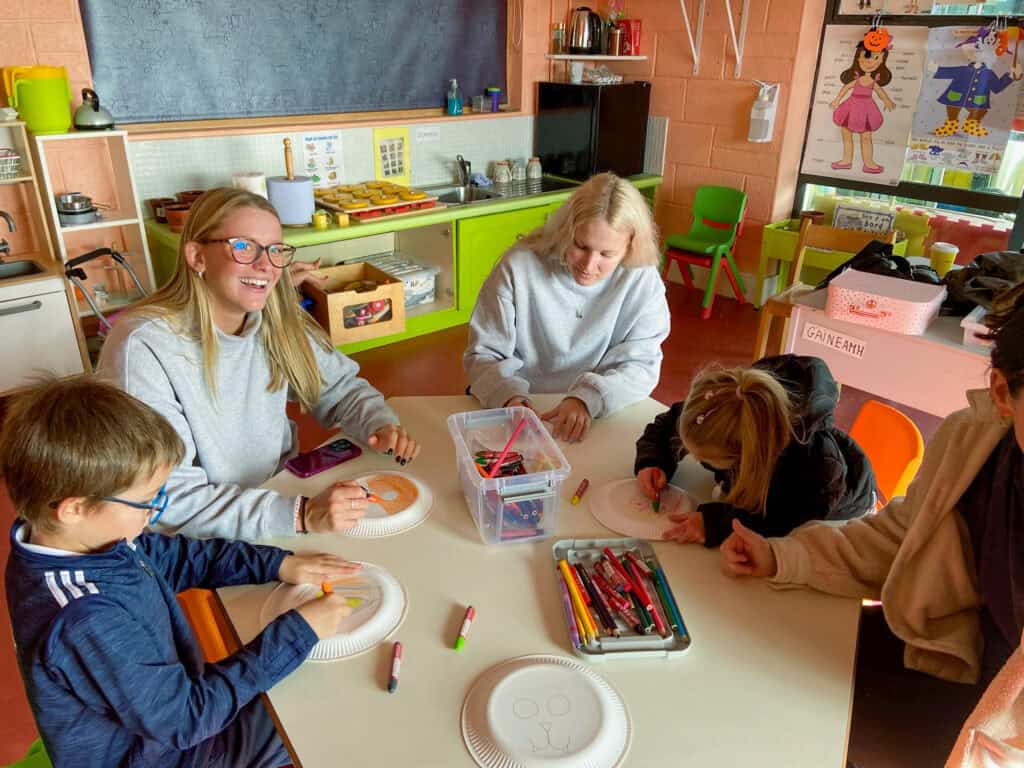
DESCRIPTION
This seminar is designed to support junior students in the teacher preparation program who will also be placed in a school setting. The focus will be on the scope and spectrum of schooling with a special focus on the diversity found in schools and the influence of democracy on schools and classrooms, both on a macro and micro level (policy and practices). Attention will also be paid to the moral dimensions of teaching and the high-leverage practice of relationship building.
FACULTY
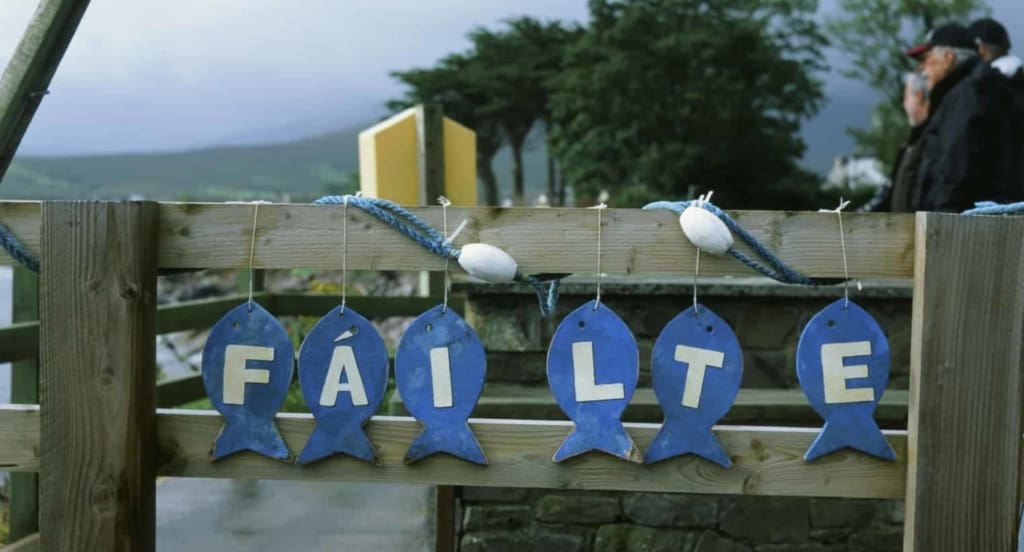
DESCRIPTION
This course examines children’s language and literacy development from Pre-K to sixth grade. Candidates learn from an interdisciplinary body of scientifically-based research on literacy and issues related to reading and writing as well as sociocultural perspectives that shape literacy instruction. Evidence-based teaching approaches are introduced to support teacher candidates’ foundational understanding of the development of word recognition, language comprehension, and writing. Candidates also learn about the role and language and culture on literacy learning with an emphasis on linguistic diversity and culturally and historically responsive instruction.
FACULTY
DESCRIPTION
This course investigates effective coaching methods from a physiological, psychological, and administrative framework. Students will be guided through an analysis of contemporary research and critical evaluation of current practices resulting in the development of an applied personal coaching methodology. In the process, this course addresses the promotion of interpersonal skills and the understanding of individual differences as they relate to effective sport coaching practice.
FACULTY
Michael Geaney M.Sc

DESCRIPTION
This course is designed to provide an overview of research design, methods, and ethics for undergraduate students in health science. The course develops the basic skill of critically analyzing research findings. Research methods are introduced with emphasis placed on analyzing key elements of research reports as a basis for determining the appropriateness of the research results for evidence-based practice in healthcare. Various types of research design and methods will be explored. Students will have the opportunity to design and evaluate research projects and gain a key understanding of reliability, validity and generalizability issues related to conducting research.
FACULTY
TBC
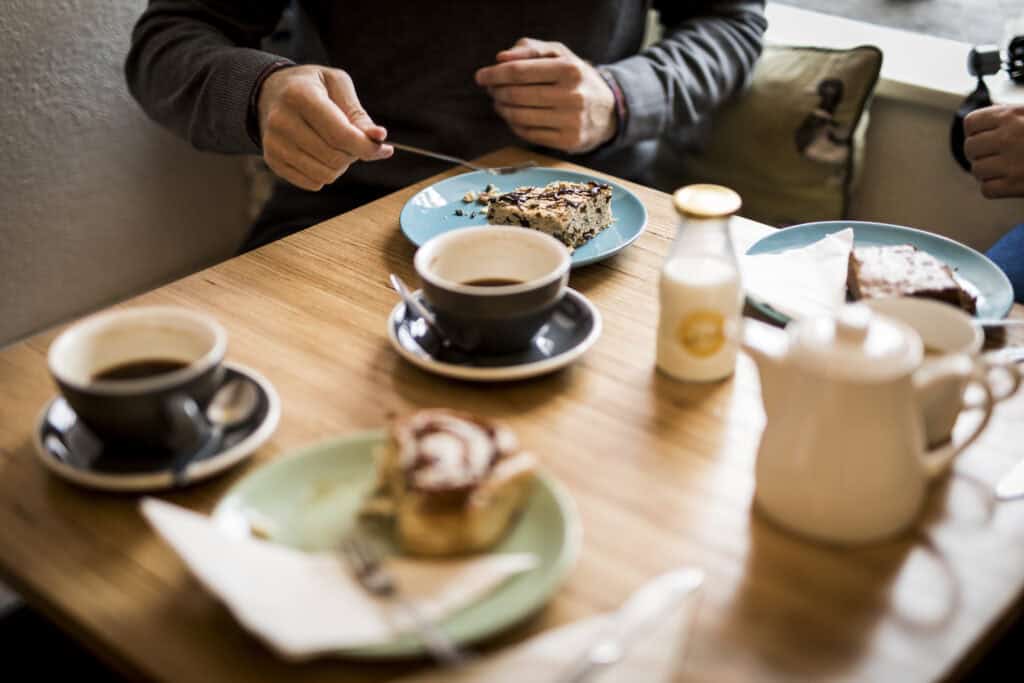
DESCRIPTION
This course presents the fundamental scientific principles of human nutrition. Students will learn the components of a healthy diet, understand the major nutrition problems that affect individuals and populations throughout the life cycle, and understand the scientific basis for nutritional recommendations for health and to prevent disease.
FACULTY
John O’Connor, M.Sc
DESCRIPTION
This course is geared toward liberal arts, science, business, and health science majors.” It introduces descriptive statistics, probability distributions (both discrete and normal), confidence intervals, hypothesis testing, and correlation. Real-world applications are offered throughout for a more practical understanding of statistics use.
FACULTY
Colm Ó Coileáin, Ph.D.
DESCRIPTION
This course provides students with a thorough overview of traditional Irish music, song, and dance from their earliest references right up to today’s influence on the world music stage. Aural, as well as some basic traditional musicianship skills, will be developed over the course. Students will experience firsthand the Irish music scene locally.
Attendance at sessions and “céilís” will enable them to savor Traditional music in its natural social setting. The course will study the history and development of the tradition, while also ensuring that the students gain a deeper understanding of this tradition by learning some practical skills.
FACULTY
Niamh Varian Barry, MA
DESCRIPTION
Health Assessment introduces assessment components including interviewing, history taking, functional assessment, and physical examination of adults and geriatric patients with emphasis on health promotion and disease/injury prevention. This course begins with foundational concepts of professionalism, patient-centered care, and safety. Students will build upon learned assessment techniques to begin examining patients using a head-to-toe approach.
Course content focuses on the role of the nurse, inter- and intraprofessional communication, data collection, and patient teaching. Emphasis is placed on the assessment phase of the nursing process. Students are expected to develop critical thinking skills to begin identifying problems and deficits in an effort to guide the development of a plan of care. By the end of the semester, students will formulate a holistic and comprehensive concept map diagramming actual and potential health issues to illustrate this learning.
FACULTY
Julie Dorrian Daly, MSN
Fiona Barton, M.Sc
DESCRIPTION
An examination of the beginnings of Western philosophic thought from the pre-Socratics through the Hellenistic period, with extensive consideration of Plato and Aristotle.
FACULTY
Kevin Power, Ph.D.
DESCRIPTION
Health Psychology focuses on the relationship between attitudes and personality factors and health. Emphasis is on stress management and behavioral change methods for health improvement and maintenance.
FACULTY
TBC
DESCRIPTION
Study the ancient religion of Ireland, of gods and goddesses, ancestors and rituals, holy places and sacred rulers. Learn about the Celtic origins of Halloween and the great seasonal festivals of the Druids. Walk through the landscape and discover traditions and customs from ancient times that are reflected in the modern world, through myth, place names, and customs.
FACULTY
Billy MagFhloin, Ph.D.
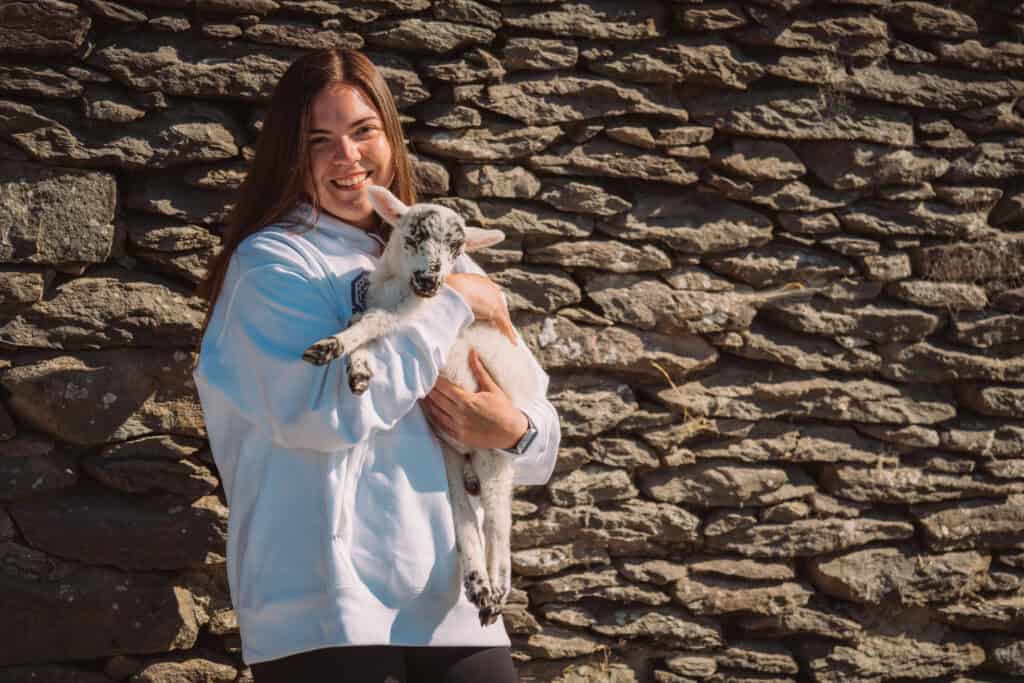
Fall
Semester
Read More
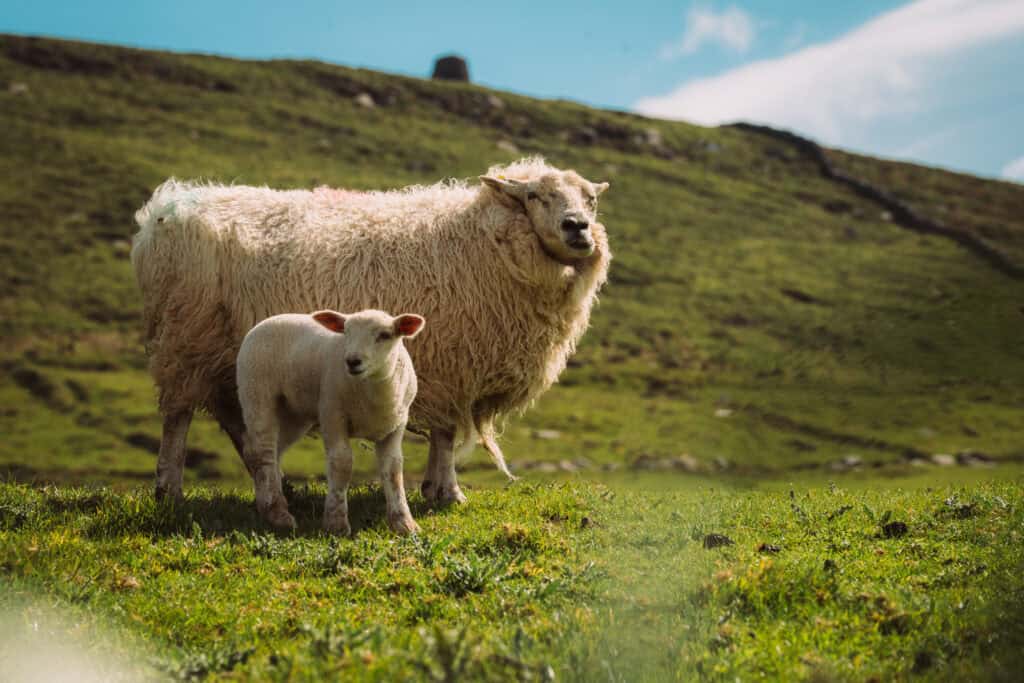
Spring
Semester
Read More
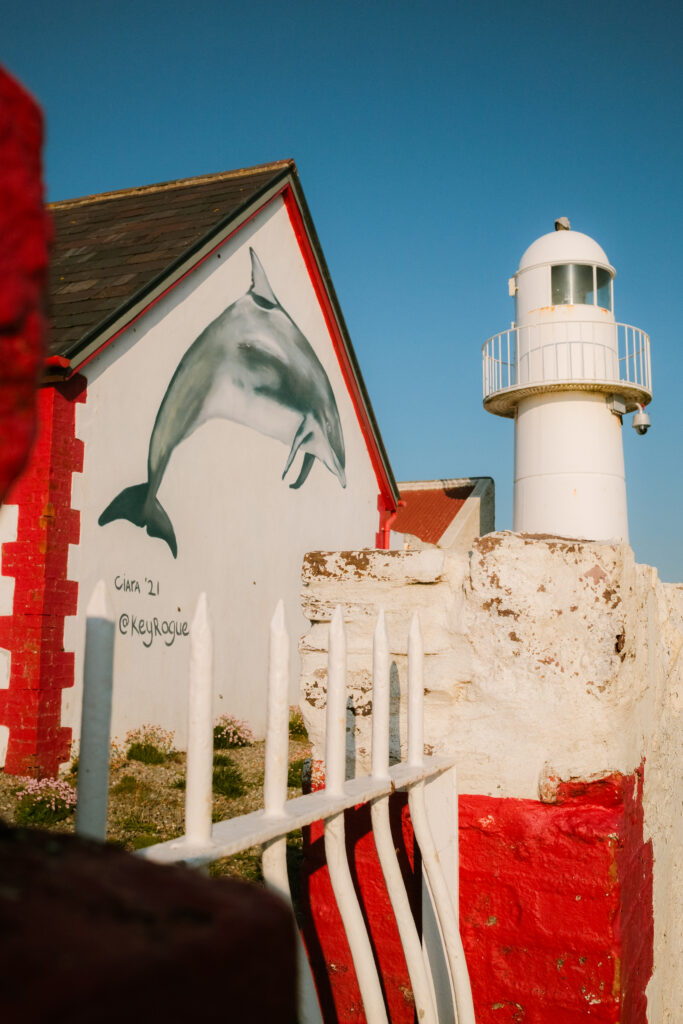
Winter
Short term
Read More
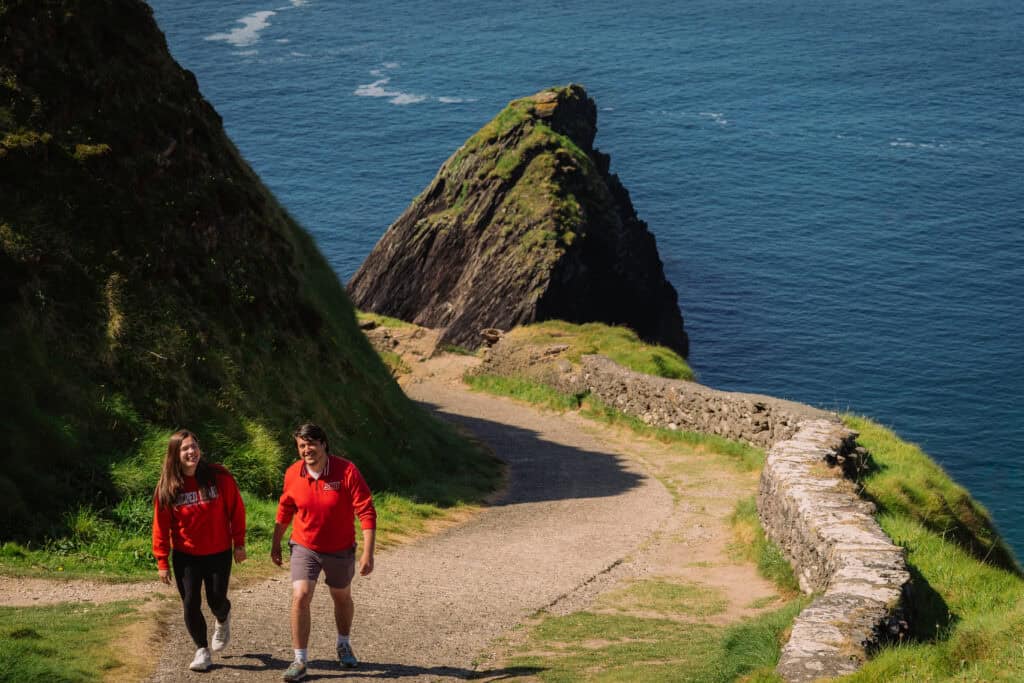
Summer
Short term
Read More
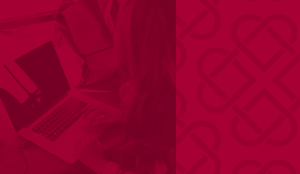
How to Apply
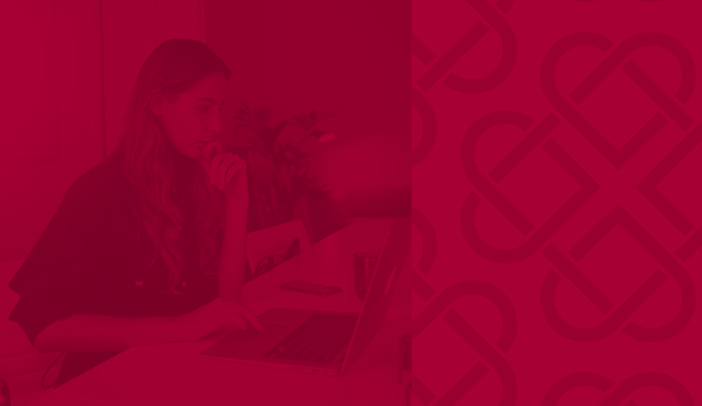
Tuition & Fees
